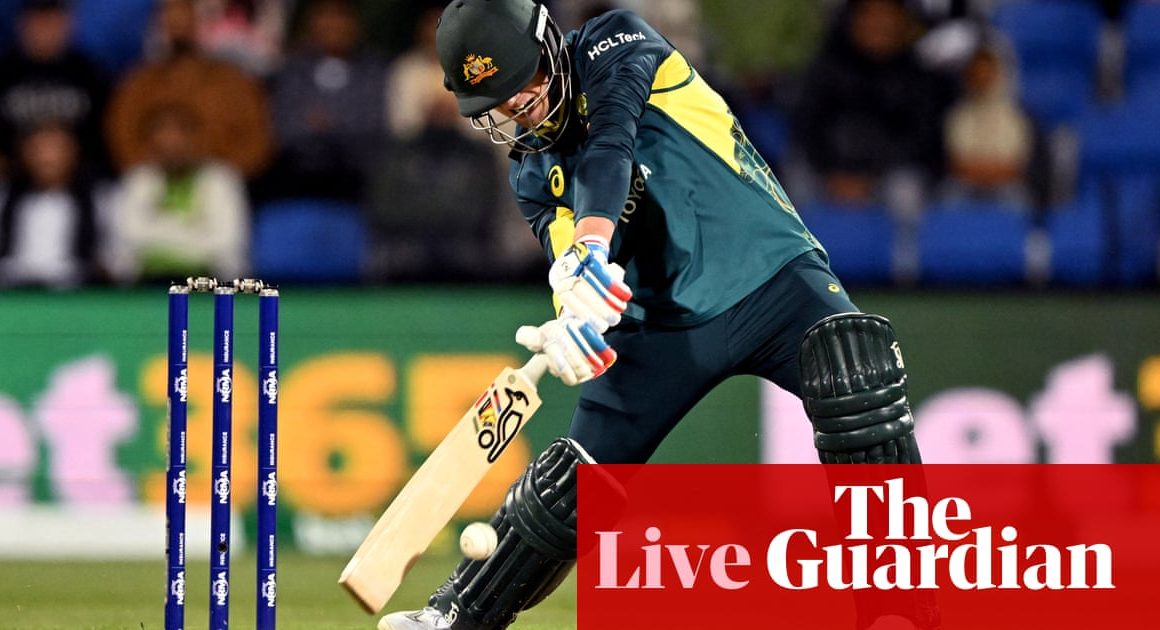Rafaela Drumond decided to become a police officer during law school, and completed her training second in her class. Soon afterwards, she secured a transfer to a station near her parents’ home town in Carandaí, in a rural part of Brazil’s Minas Gerais state.
“That was the tragedy of her life,” said Rafaela’s father, Aldair .
After she allegedly faced sexual harassment from a fellow officer, Rafaela went to the commanding officer to file a complaint. “The chief put them in a room and said: ‘Sort it out between yourselves,’” said Aldair.
From then on, Rafaela – the only woman in a station of about 20 officers – was bullied relentlessly by the chief, the inspector and other colleagues.
Months later, Rafaela took her own life.
Her death in June 2023 was one of 152 suicides among Brazilian law enforcement agents last year, the highest number on record and a 13.4% increase from 2022, according to a new report released on Thursday.
“The number of public security officers who commit or attempt suicide is steadily rising,” says the report, produced by the Institute for Research, Prevention, and Studies on Suicide (IPPES) and the Public Labour Prosecution Office.
The new figures, which include state and federal police, firefighters, municipal guards and prison officers, reinforce a shocking finding in another recent report (which focused solely on state police): that self-inflicted deaths have become the leading cause of fatality among Brazilian police officers, surpassing for the first time deaths in the line of duty.
In a country known for its almost daily conflicts between criminals and police, experts are struggling to understand what is happening.
“There’s no single explanation for the increase in suicides,” said the sociologist Dayse Miranda, president of IPPES and one of the report’s coordinators.
Among the many factors involved are punishing workloads and frequent abuses of authority by commanding officers. Due to their low salaries, officers are often forced to take on secondary jobs, Miranda said. She states that among the many reasons undermining the mental health of officers are the abuse of authority and work schedules that fail to respect proper rest periods.
But there is also the aspect of facing daily violence in a country with murder rates comparable to those in war zones.
On any working day, a police officer may lose a colleague or take someone’s life; last year, 6,393 people in the country were killed by the police. “It’s well known that this violent atmosphere contributes to the deterioration of police officers’ mental health,” said the sociologist Fernanda Novaes Cruz, who also coordinated the IPPES report.
Among last year’s deaths, 9% were women – slightly below the proportion of female officers in the forces, which ranges from 12% to 16%. Twelve men and two women killed their wives, partners or exes before taking their own lives. Three of the murdered women had protective orders against their killers.
The study also highlighted that “there is a widespread shortage of mental health professionals, particularly psychiatrists, available to security forces,” said Cruz.
According to the researchers, the phenomenon is underreported, as some forces still refuse to share their statistics.
And the figures might not reveal the full picture, as the family of an agent who takes their own life loses the right to a full pension and a funeral with honors.
“Not only the police but society as a whole still views suicide with considerable prejudice,” Miranda said.
One of the report’s proposals is that there should be regulations on the use of firearms for officers undergoing psychiatric treatment.
Aldair believes a similar measure could have helped in his daughter’s case. “In the months leading up to her death, Rafaela experienced several mental health episodes at work … They could have taken her weapon away, but they didn’t,” he said.
After an investigation into the harassment allegations at Rafaela’s station, the inspector was charged with the slander but the case was eventually dismissed; the station chief was fined R$2,000 ($365) for negligence.
Rafaela’s family has filed a civil lawsuit in an attempt to hold the state of Minas Gerais accountable for failing to protect her mental health and prevent her death. That case is still pending.
Months after Rafaela’s death, Aldair created an institute named after his daughter to provide support to victims of harassment not only in the police force but across all professions. “We want to offer others what was not provided to my daughter, which was support,” he said.
In the UK and Ireland, Samaritans can be contacted on freephone 116 123, or email jo@samaritans.org or jo@samaritans.ie. In the US, you can call or text the National Suicide Prevention Lifeline on 988, chat on 988lifeline.org, or text HOME to 741741 to connect with a crisis counsellor. In Australia, the crisis support service Lifeline is 13 11 14. In Brazil, you can call Centro de Valorização da Vida on 188. Other international helplines can be found at befrienders.org











